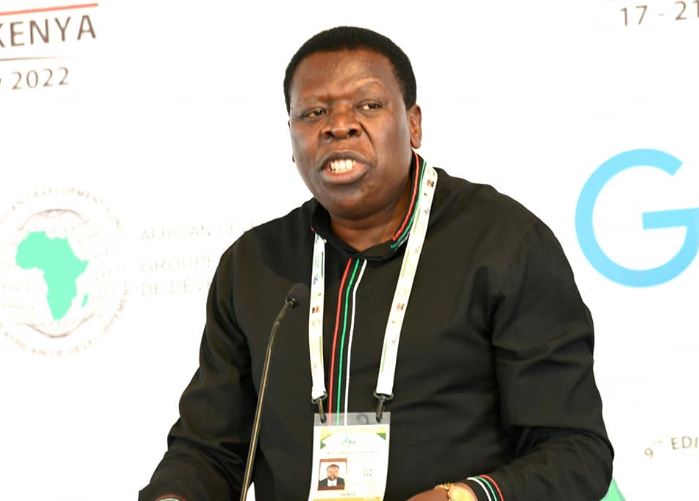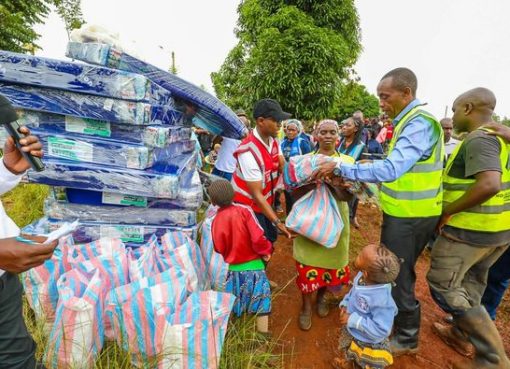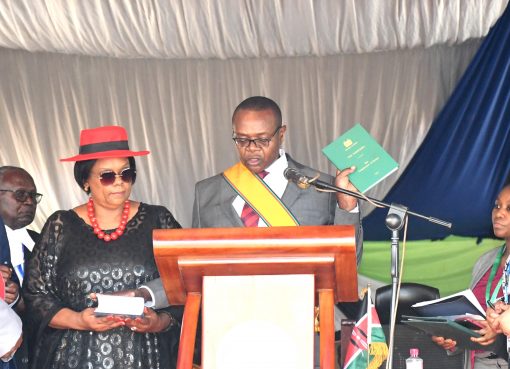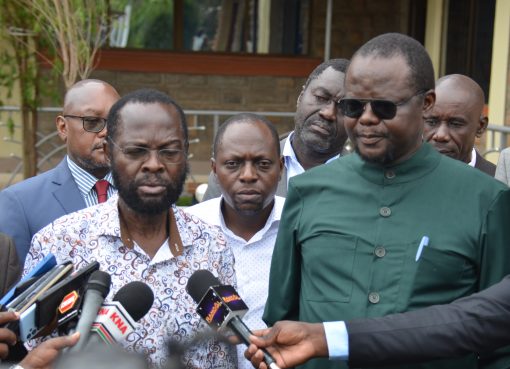Delegates and African leaders have pledged to adopt new action plans to strengthen and hasten development in Africa’s urban centres.
The decision to revive counties, urban towns, local governments, and municipalities across the continent was adopted at the end of the 9th edition of Africities summit held in Kisumu City, Kenya.
Over 9,000 delegates from Africa and other parts of the world including former Heads of State, ministers, governors, mayors, corporate heads, researchers and innovators attended the May 17 to 21 summit.
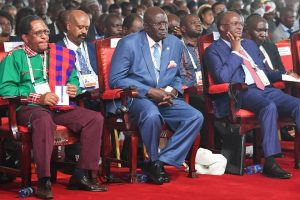
Kisumu County was privileged to be the first intermediary city to host the continental summit that is usually hosted in Africa’s capital cities.
During the five days summit, delegates deliberated on thematic topics underpinning economic growth in secondary cities under the auspices of this year’s theme “The Role of Intermediary Cities of Africa in the Implementation of Agenda 2030 of the United Nations and the African Union Agenda 2063.“
Eugene Wamalwa, Ag. Devolution Cabinet Secretary (CS) in his closing remarks said the conference offered an opportunity for leaders to delve into details on how to make urban areas sustainable and liveable for all citizens.
“The thrust of our discussions was in addressing the growing urban poverty in Africa and how we alleviate this situation. This has emphasized the need to make urban areas focus on local economic development with interventions aimed at building resilience for the urban poor,” Wamalwa said.
Wamalwa added that the forum endorsed a new urban agenda for Africa that prioritizes establishing resilient intermediary cities even as the world grapples with the effects of climate change.
This underscores the need for African governments to promote sustainable urbanization as a prerequisite to reduce poverty, inequality, halt ecosystem degradation, and cushion local communities from the climate crisis.
“We need to explore key transitional interventions that incorporate clean energy, digital interventions and climate smart solutions even as we intensify conservation of urban green spaces to strengthen the resilience of communities,” said CS Wamalwa.
Wamalwa who doubles as the Defense CS, challenged city administrators in the continent to come up with new policy and legislative tools that could be harnessed to improve waste management and provision of basic amenities in large metropolises.
While acknowledging that intermediary cities and urban centres are the engines of the economic transformation of Africa, he urged the national and sub-national governments to channel resources towards realizing the declarations passed at the Summit.
Among topics that were discussed at the convention included the creation of safer cities, promoting green mobility, addressing the plastic waste menace as well as revamping urban housing.
Kisumu Governor, Prof. Anyang’ Nyong’o, expressed confidence in the success of the summit, adding that it presented an ideal platform to discuss strategies that would revitalize the sustainable growth of intermediary cities.
“I must admit that this was a memorable event that has placed Kisumu strategically on the global map. You came, saw and confirmed that Kisumu has the best investment opportunities in this part of Africa,” Governor Nyong’o said.
According to Nyong’o, African countries need to leverage demographic dividend, clean technologies, good governance and macro-economic stability to renew cities, and convert them into hubs for inclusive growth, peace and cohesion.
The event was attended by high profile delegates and African leaders including President Uhuru Kenyatta, Joaquim Chissano, former President of Mozambique, Danny Faure, former President of Seychelles, and the Royal Majesties representing the traditional authorities of Africa.
The Africities summit is held every three years under the coordination of the United Cities and Local Governments (UCLG) Africa. The 10th edition will be held in Cairo, Egypt in 2025.
The summit ended on Saturday with the election of Fatimetou Abdel Malick from Mauritania, as President of the UCLG Africa for a term of three years.
By Robert Ojwang’ and Chris Mahandara


